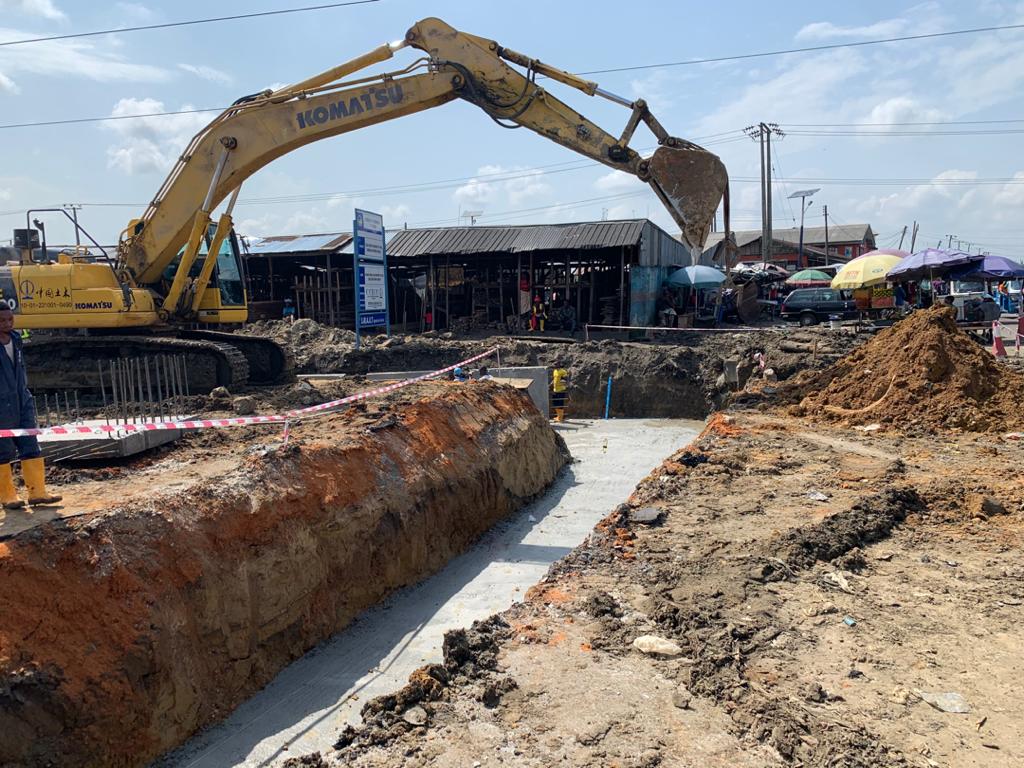
The relationship between land-use change and urban hydrology
By John Cee Onwualu (FNSE, P.E., R.ENG., M.ASCE)
Defining land-use change and urban hydrology
Land-use change refers to the human alteration of landscapes for various purposes, such as urban development, transportation, agriculture, and forestry.
Urban hydrology, on the other hand, is the study of water movement, storage, and quality in urban areas, including the impacts of human activities on the water cycle.

Explaining the link between land-use change and urban hydrology
Land-use change can profoundly affect urban hydrology by altering the amount, timing, and quality of water that runs off or infiltrates into the ground.
When natural landscapes, such as forests and wetlands, are replaced by impervious surfaces, such as rooftops, roads, and parking lots, surface runoff increases, and groundwater recharge decreases, leading to more frequent and severe flooding, erosion, and water quality degradation. Therefore, there is a growing need for sustainable stormwater management engineering practices that can mitigate these impacts.

Impacts of land-use change on urban hydrology

Increased stormwater runoff
Land-use change often involves the removal of vegetation and soil, which are natural water absorbers, and the construction of impervious surfaces. Consequently, more rainwater runs off into nearby water bodies, leading to flooding, erosion, and property damage.

Reduced infiltration and groundwater recharge
Impervious surfaces prevent rainwater from infiltrating into the soil and recharging groundwater, which is a significant source of freshwater for many urban areas. Reduced infiltration also leads to increased runoff and higher peak flows during storms.

Stream channel erosion and water quality degradation
Increased runoff can cause stream channel erosion, loss of habitat, and altered streamflow dynamics. Moreover, urban runoff often contains pollutants, such as oil, metals, and nutrients, which can degrade the quality of receiving waters and harm aquatic life.

References
Alshammari, E. et al., 2023. The Impacts of Land Use Changes in Urban Hydrology, Runoff and Flooding: A Review. In: E. Alshammari, et al. eds. Current Urban Studies. Malaysia: Scientific Research Publishing Inc., pp. 120-141.
Bibi & Sambeto, T., 2022. Modeling Urban Stormwater Management in the Town of Dodola based on Land-use and Climate Change using SWMM 5.1. Journal of Hydrology: Regional Studies, Volume 44.
Hale, R. L., 2016. Spatial and Temporal Variations in Local Stormwater Infrastructure Use and Stormwater Management Paradigms over the 20th Century. Urban Drainage and Urban Stormwater Management, 8(7).
Li, L. et al., 2021. The Effect of Urban Land-Use Change on Runoof Water Quality: A Case Study in Hangzhou City, Hangzhou City: Environmental Research and Public Health.
Wu, J. et al., 2013. Using the Storm Water Management Model to predict Urban Headwater Stream Hydrological response to Climate and Land cover change. Hydrology and Earth System Sciences, 17(12), pp. 4743-4758.